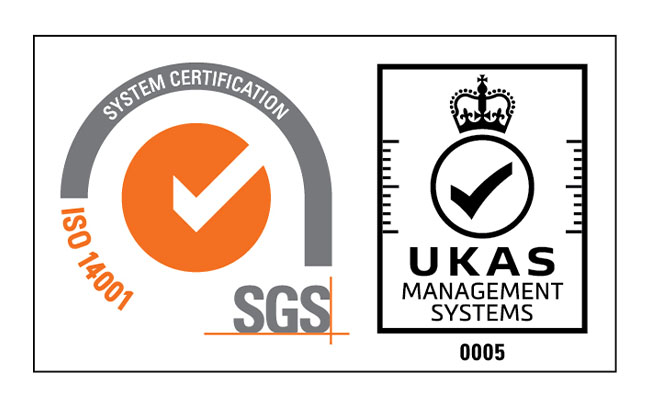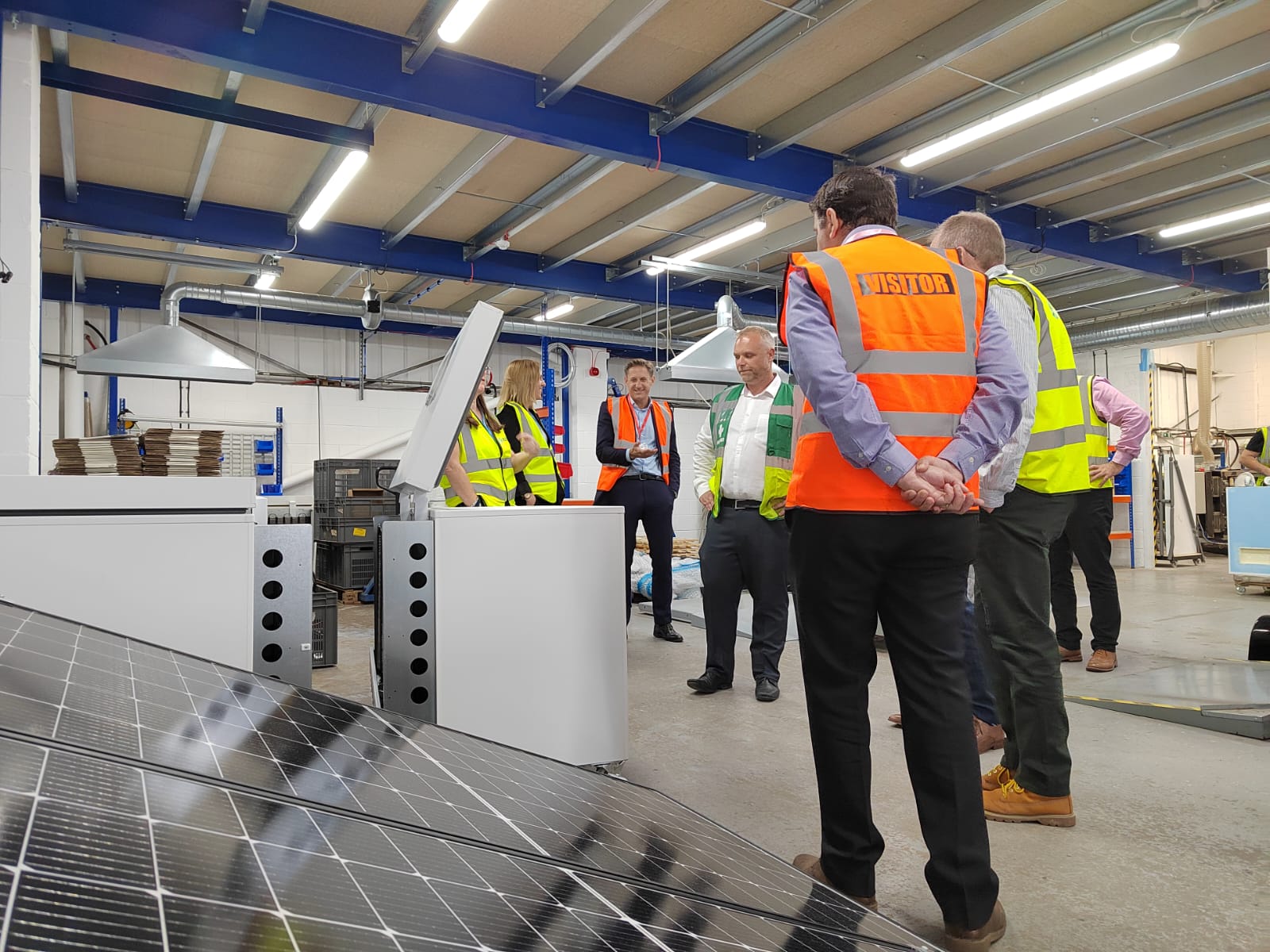Fuel shortages and power outages have led to a humanitarian crisis in Haiti recently, affecting hospitals and health centres. The situation is worsening with clean water becoming difficult to source and cases of cholera mounting. The UN is working with the Ministry of Health to provide solar powered cold chain storage in various locations across the country. Dulas sent a number of solar direct drive vaccine refrigerators to Haiti earlier this year – solar powered cold chain is invaluable when mains power supply is unreliable. It can help to ensure that basic immunisation continues even when the rest of a health centre may not be fully functioning fully due to power constraints.
Crisis and conflict affect healthcare access
When power is lost, most of us can cope domestically for a few days, eating the food in the refrigerator, lighting candles when it gets dark and staying warm by the fire; but the impact of losing a refrigerator full of vaccines is devastating. As well as the financial value of the vaccines themselves, the potential cost to communities of having to go without vital life-saving vaccinations is far higher.
There are many reasons that power can be lost. Dulas has shipped vaccine refrigerators to Ukraine and Yemen this year, both countries have been affected by war which disrupts supplies and makes access to routine healthcare difficult. Catastrophic monsoon rain has had the same disruptive effect in Pakistan recently – flooding has prevented many from accessing health centres at a time when disease is rife and medical help is needed most.
Circumstances can change quickly
Even countries with a more reliable power grid can suffer power cuts – earlier this month 75% of Bangladesh suffered a power blackout as the national grid failed. And stories about fuel shortages in Europe and potentially having to ration gas supplies this winter have brought this scenario even closer here in the UK, where we are not accustomed to having to think about back-up power systems.
Events currently unfolding around the world only serve to highlight how circumstances can change quickly, and the importance of being prepared and having back-up systems in place in times of crisis. The Covid pandemic is another case in point – even the most modern and well-equipped health systems in the world struggled to deploy vaccination programmes on an unprecedented scale. Many countries had to install cold chain infrastructure before they could even think about rolling out vaccination programmes, and there is still a lot of work to do in this area. The good news is that we are – hopefully – now better prepared for another pandemic should it emerge.
When systems fail, children suffer most
According to UNICEF, humanitarian crises are becoming more frequent, complex and persistent, affecting more children than ever before. During conflicts, natural disasters and other emergencies, children’s health needs can be severely affected. UNICEF reports that, one in four children live in countries affected by conflict or disaster. In many of these places, more children die from disease rather than direct violence. When systems fail, it is vital that routine vaccination campaigns continue, and back-up systems that keep vaccines safe are an essential part of that. Part of being prepared for such scenarios is having an off-grid refrigerator, powered by solar which will work independently, regardless of the grid. In richer parts of the world, access to vaccines is so normal that many of us don’t even know which childhood vaccines we have had. But in many other countries, having constant and reliable power to keep a vaccine at the correct temperature can mean the difference between life and death.








